Zimbabwean president extends six-week lockdown by two weeks
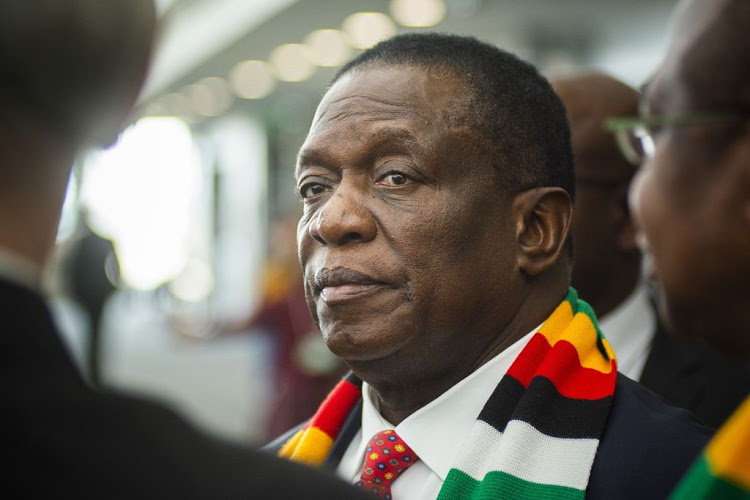
Zimbabwean President Emmerson Mnangagwa on Monday extended the six-week nationwide lockdown by a further two weeks, citing the need to further reduce COVID-19 cases and deaths.
He, however, increased business operating hours from seven to nine and a half hours per day, night curfew hours were shortened from 12 hours to nine and a half hours while staff levels in government have been increased from 10 percent to 25 percent.
The president said schools will remain closed for the duration of the lockdown, and maintained a ban on inter-city and inter-provincial travel.
Social gatherings remain banned, the judiciary will only open for urgent cases while the number of people at funerals remains restricted at 30, the president said. He said private companies and those in the informal sector seeking to open should test all staff and satisfy World Health Organization guidelines.
"While the national lockdown goals are now within sight, the numbers of active cases and deaths, however, are still very high," he said.
"These need to come down further. Every life lost is a big loss to us. I therefore extend the national lockdown by a further two weeks. The extension will allow the number of active cases and those still in incubation to recede," Mnangagwa said.
He said the extension should also result in a great reduction in the pool of infected people and enable health personnel to investigate and monitor the presence and circulation of new COVID-19 variants.
The extension of the lockdown came on the day Zimbabwe received the first batch of 200,000 doses of COVID-19 vaccines that were donated by China.
Mnangagwa once again thanked the Chinese government "for the gesture of great humanity".
"We will forever remain grateful to the Chinese government and people for standing with us," he said. Zimbabwe has also procured 600,000 doses of Sinopharm COVID-19 vaccines which are expected in the country next month.
"Vaccines from other countries namely Russia, India and the United Kingdom are also on the way," Mnangagwa said.
Zimbabwe is set to roll out its vaccination program this week, starting with frontline workers. Zimbabwe's COVID-19 cases and deaths rose sharply in January after the December festive holidays, but following the introduction of the lockdown on Jan. 5, cases that were peaking at more than 1,000 a day have now gradually declined to an average of 50 per day, while deaths have also drastically gone down.
On Sunday, the country recorded only two deaths and 68 new COVID-19 cases, taking the country's death toll to 1,400 and total caseload to 35,172.



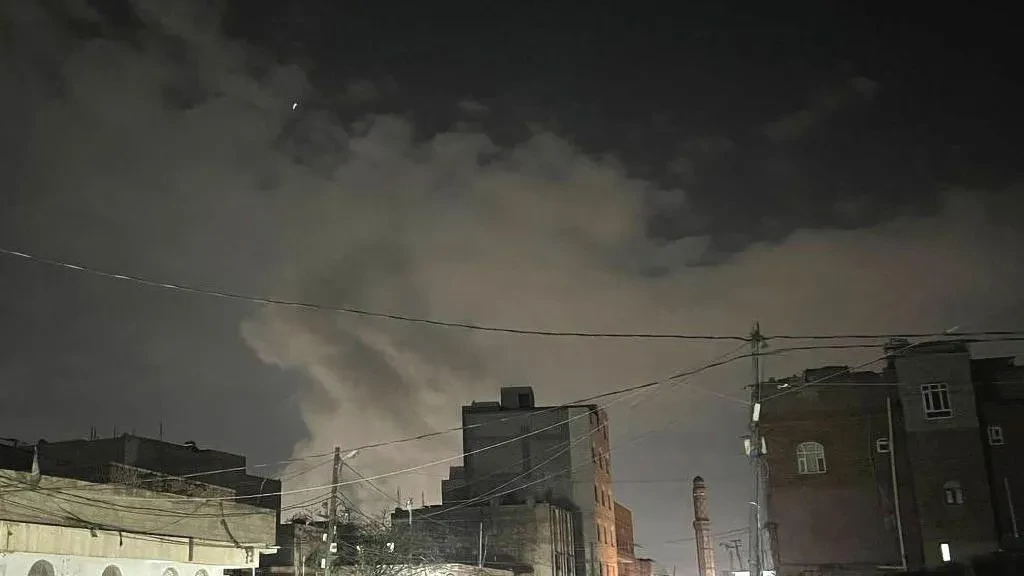
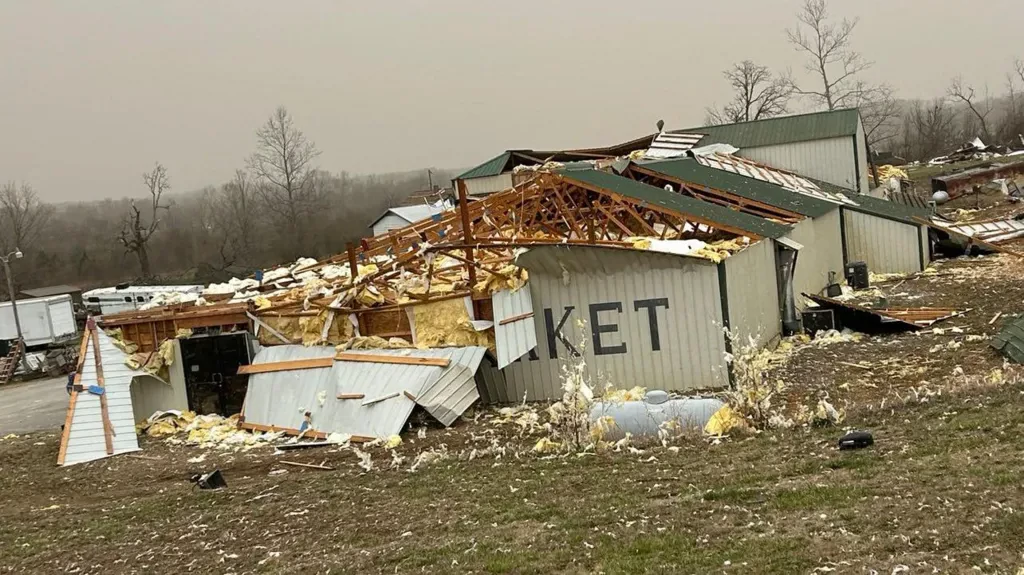
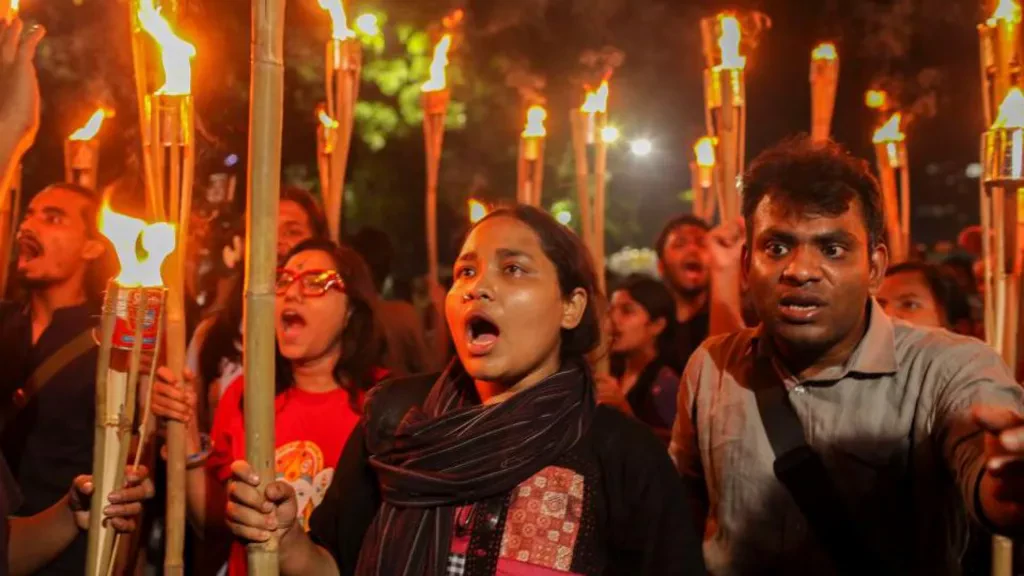
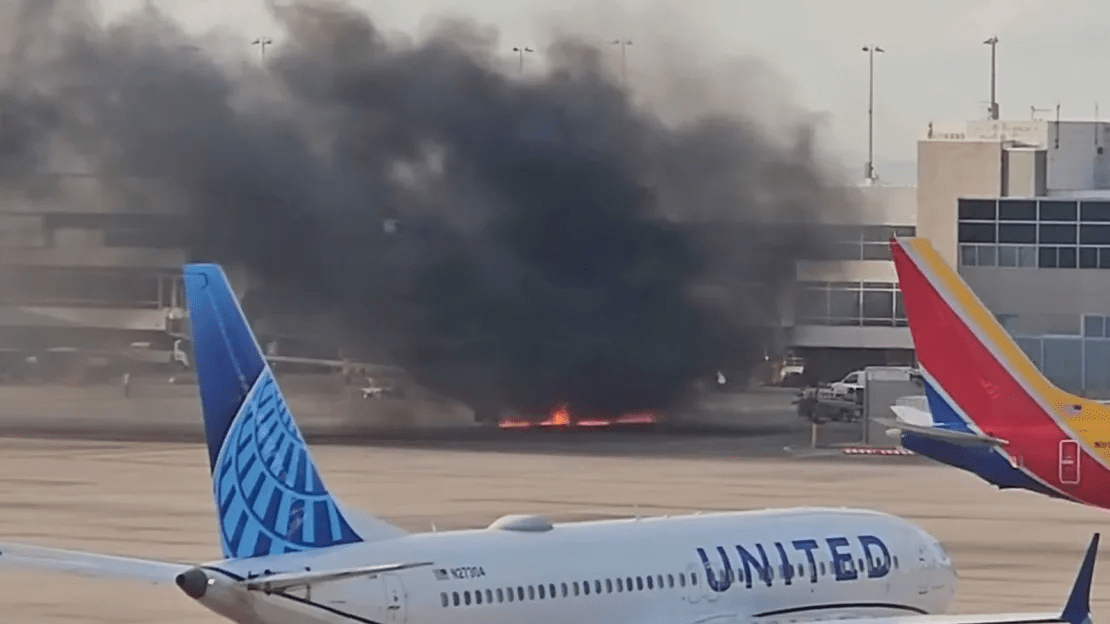
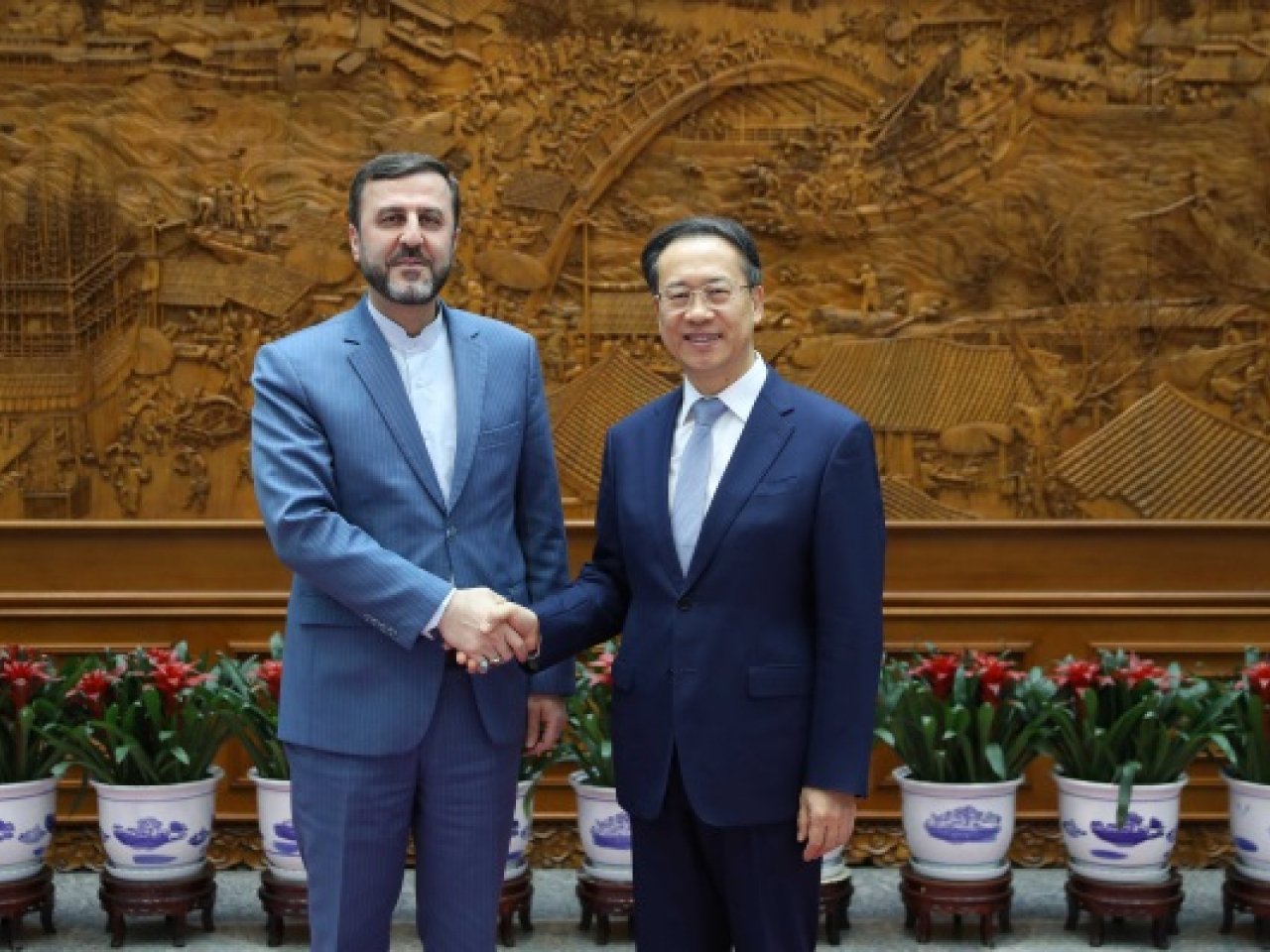
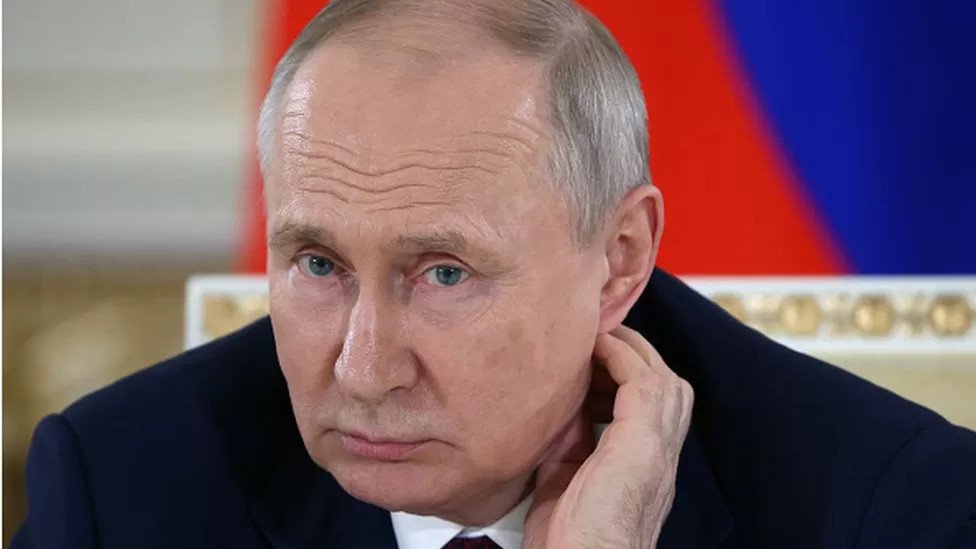
Leave Comment